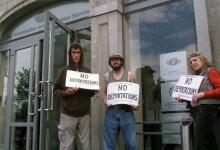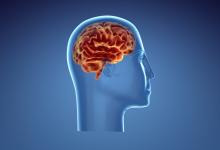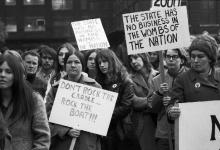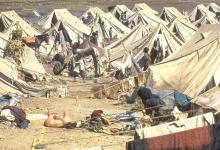Asylum seekers live in harsh circumstances with little support
Asylum seekers in Ireland are forced to live in exceptionally difficult circumstances and get little support from the public, the media or the political system. By Justin Frewen.
Enveloped in a global recession and the consequences of the disastrous economic mismanagement of the fruits of the Celtic Tiger, life has become considerably more difficult for the vast majority of people in Ireland. As unemployment continues to rise, those who still have work are seeing their wages decrease as taxes and pension levies increase.








